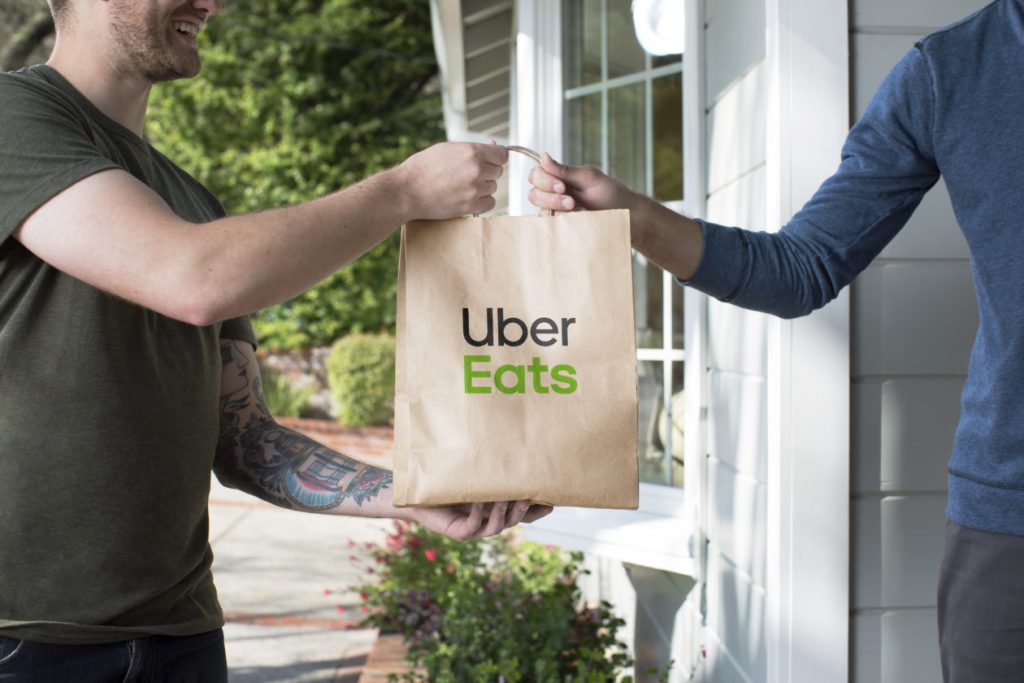Uber Eats Reaches Historic $15 Million Settlement with Seattle Over Worker Pay Violations
In a landmark development for gig economy workers, Uber Eats has agreed to pay $15 million to more than 16,000 delivery workers in Seattle after reaching a settlement with the city’s Office of Labor Standards. This settlement, the largest in the office’s history, addresses allegations that the food delivery giant violated Seattle’s labor laws designed to protect independent contractors and ensure fair compensation. The case highlights the ongoing tension between gig economy platforms and cities attempting to regulate them, while setting a significant precedent for worker protections in the rapidly evolving app-based employment landscape.
At the heart of the dispute was Seattle’s Independent Contractor Protections (ICP) Ordinance, enacted in 2021 to promote pay transparency for gig workers. City regulators alleged that Uber Eats misled its delivery workers about how its “Boost” multiplier feature worked, failing to clearly disclose that the multiplier only applied to a portion of the fare and that the advertised upfront payment already included the promotion’s contribution. This lack of transparency potentially led workers to accept deliveries under false impressions about their potential earnings. Uber Eats discontinued the “Boost” program in Seattle in August 2023 shortly after the city raised concerns about the practice, suggesting the company recognized potential compliance issues with the feature.
The settlement also addressed allegations related to Seattle’s App-Based Worker Minimum Payment Ordinance, which was passed in 2022. Regulators claimed that Uber Eats failed to provide minimum compensation for certain canceled orders as required by law. Additionally, the company allegedly failed to furnish workers with mandatory notice of rights, electronic receipts, and weekly statements that would have given workers greater visibility into their earnings and rights. These violations collectively undermined the city’s efforts to ensure that gig workers receive fair treatment and appropriate information about their work conditions, highlighting how even seemingly minor omissions in procedural compliance can have significant impacts on worker welfare.
While agreeing to the substantial settlement, Uber has denied any wrongdoing in the case. Beyond the $15 million payment to workers, the company will pay more than $33,000 in fines directly to the City of Seattle and implement a new policy allowing workers to provide additional information about order cancellations. “We value the work couriers do and want them to be successful,” Uber stated, emphasizing its commitment to “improving the experience for Seattle’s couriers, consumers and restaurants.” The settlement covers alleged violations that occurred between September 2022 and May 2025, with payments expected to reach affected workers by Labor Day 2023. The resolution demonstrates how cities with strong labor protection frameworks can successfully hold large technology companies accountable for their treatment of workers typically classified as independent contractors.
Seattle has established itself as a pioneer in creating protections for gig economy workers, with this settlement representing the latest in a series of regulatory actions targeting app-based companies. The city previously secured a $3.4 million settlement from Uber in 2021 and a $1.6 million settlement from DoorDash in 2023 for various labor violations. Mayor Bruce Harrell celebrated the current settlement as “a major win for workers and a strong reminder that in Seattle, we hold large companies accountable when they sidestep their responsibilities and shortchange workers.” This aggressive regulatory approach has had financial implications for both companies and consumers, with Seattle reportedly having the highest Uber fares in the United States partly due to compliance costs associated with the city’s labor regulations.
The ripple effects of Seattle’s regulatory stance are already visible across the gig economy landscape. DoorDash recently increased its delivery fees in Seattle, explicitly citing what it called “extreme regulations” passed by city lawmakers. These regulations include new transparency requirements when workers are removed from platforms, representing another layer of protection for gig workers. As cities around the country watch Seattle’s approach, this record-breaking settlement may inspire similar regulatory frameworks elsewhere, potentially transforming how gig economy platforms operate nationwide. For the 16,000 delivery workers receiving compensation, the settlement represents not just financial restitution but recognition of their essential role in the modern economy and their right to transparent, fair treatment regardless of employment classification.


